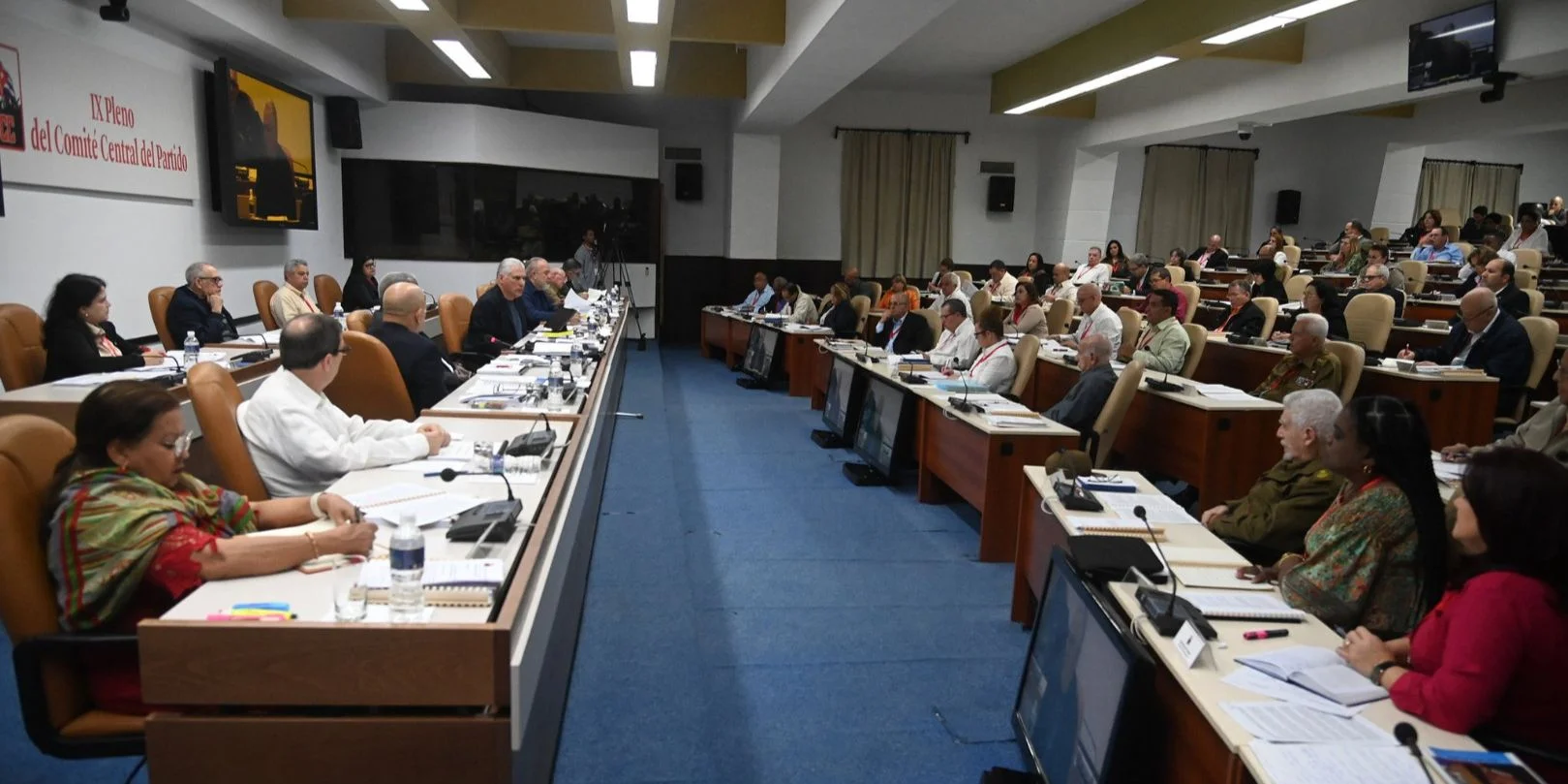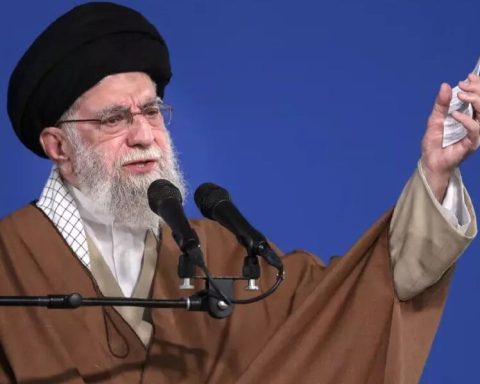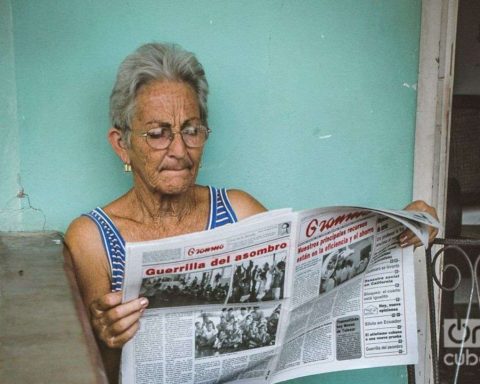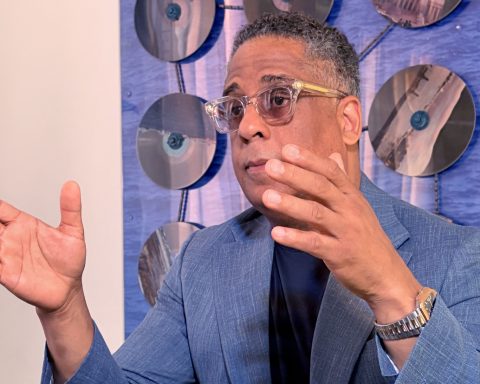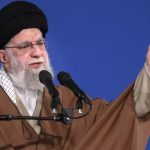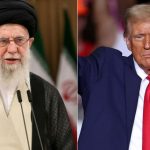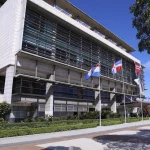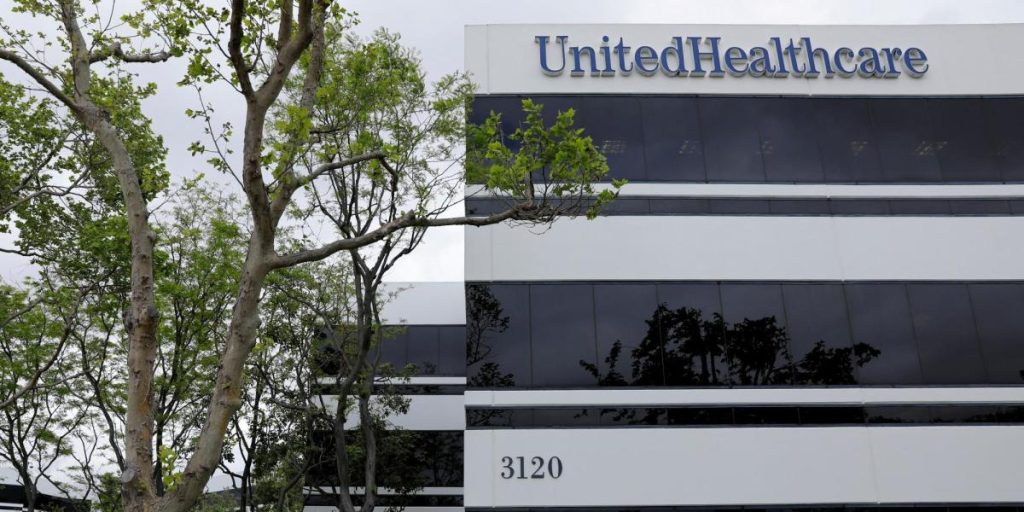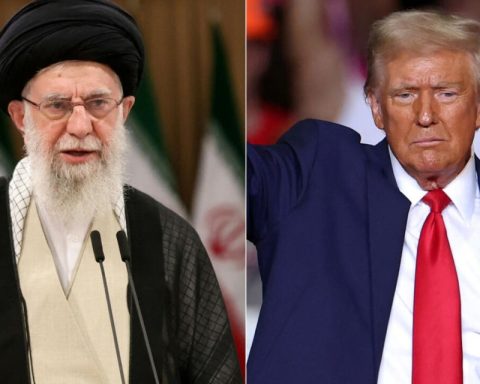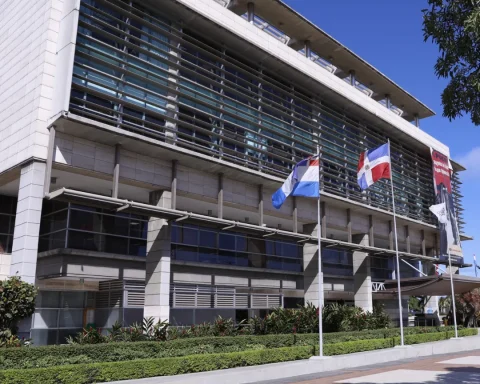HAVANA, Cuba. – If we stick only to the official discourse, the purpose of the plenary sessions of the Central Committee of the Communist Party of Cuba (PCC) is to review the work of that political group. In addition, review whether the agreements made at the last meeting of this type were fulfilled, include or exclude certain activists from the Central Committee, as well as outline strategies for the future work of the organization.
However, the timing of these plenary sessions generally indicates that the Castro leadership reserves another function, perhaps even more important than the previous ones, for these appointments of this kind of general staff of partisan militancy. To get an idea of what we are saying, it is necessary to take a look at the way in which the nuclei of the Party itself function at the grassroots level, and its youth organization, the Union of Young Communists (UJC).
The so-called democratic centralism is the principle that guides the operation of both instances. It is a mechanism that attempts to combine initial democracy with the subsequent rigid discipline of militancy. That is to say, each activist can defend his or her personal opinion on any issue at the beginning, but once the final decision is made, everyone must make it their own, regardless of whether it contradicts their personal opinion. Evidently, we are witnessing a panorama that has more overtones of centralism than democracy.
The current IX Plenary Session of the Central Committee of the Party takes place just a few days before the National Assembly of People’s Power meets. The vast majority of the participants in the plenary session – not to say almost all – are also deputies to the Castro Parliament, and in both forums they will debate the same issues that today overwhelm Cuban society, such as the economic crisis, crimes and social indiscipline, and the way in which they will continue to handcuff non-state economic actors, among others. So, one might ask: What is the meaning of holding these plenary sessions, precisely as a prelude to each meeting of the highest authority of Popular Power?
And that is where democratic centralism appears. Because the Plenary Session of the Central Committee obliges each member of the Party to adopt a common criterion on each of the issues discussed, and consequently must defend that criterion in all instances.
The above implies that, if in the sessions of the National Assembly of People’s Power a point of view emerges that contradicts the interests of the party leadership, the members of the Central Committee are there, acting as a block, to overcome this discordant criterion. .
It is a reality that has several readings. Firstly, it shows the distrust with which the party hierarchy regards any deputy who is not on the payroll of the Central Committee of the ruling Party. It doesn’t matter that these deputies have had to go through a kind of ideological filter – the so-called Candidacy Commissions at all levels – to get to occupy a seat in that Parliament, and that the majority of them even have their registration card in their pockets. that Party.
On the other hand, the falsity of the official discourse that attributes to the National Assembly of People’s Power the status of maximum exponent of power on the Island is revealed. In reality, the control that the leadership of the Communist Party exercises over it makes it a kind of treat for trained seals where decisions already made in advance are usually approved.
